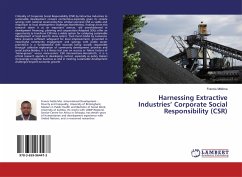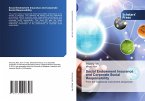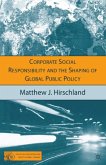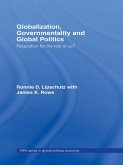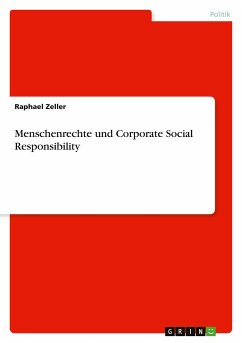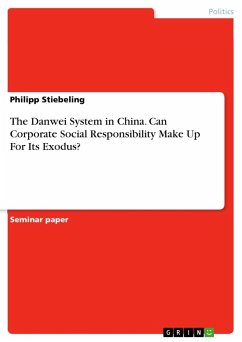Criticality of Corporate Social Responsibility (CSR) by Extractive Industries to sustainable development remains contentious,especially given its remote synergy with national social policy.Few scholars perceive CSR as viable and responsive to local development challenges.Nonetheless, findings from this research deem it as an important avenue, still overshadowed in development financing, planning and cooperation.Adopted SDGs offer an opportunity to transform CSR into a viable option for catalysing sustainable development at local level.To some extent, Trust Fund model by Lumwana Mine presents sufficient safeguard for local empowerment, grounded in meaningful community engagement and synergy with public sector priorities.It is a fundamental shift towards being socially responsible through collective exploration of community development priorities and social justice.Besides, it is a litmus test case on success or failure factors of 'home-grown' versus mine-centric CSR interventions.Henceforth, it is a critical research agenda in developing context, especially as policy makers increasingly recognise business as vital in meeting sustainable development challenges beyond economic growth.
Bitte wählen Sie Ihr Anliegen aus.
Rechnungen
Retourenschein anfordern
Bestellstatus
Storno

